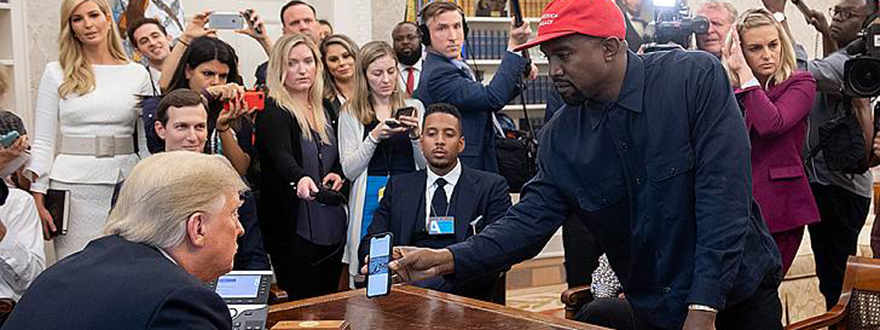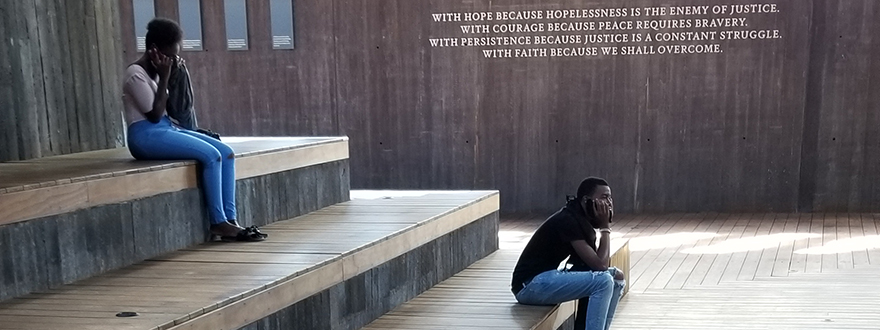

Tanesha Peeples is driven by one question in her work—“If not me, then who?” As the former Deputy Director of Activist Development for brightbeam, Tanesha merges the worlds of communications and grassroots activism to push for change in the public education system. Her passion for community and relentless mission for justice and liberation drive her in uplifting and amplifying the voices and advocacy of those that are often ignored. Tanesha wholeheartedly believes that education is the foundation for success. Her grand vision is one where everyone—regardless of ethnicity, socioeconomic status, gender or ZIP code—can have access to a comfortable quality of life and enjoy the freedoms and liberties promised to all Americans. And that's what she works towards every day.
If you have a child with disabilities, you’re not alone: According to the latest data, over 7 million American schoolchildren — 14% of all students ages 3-21 — are classified as eligible for special...
The fight for educational equity has never been just about schools. The real North Star for this work is providing opportunities for each child to thrive into adulthood. This means that our advocacy...
The story you tell yourself about your own math ability tends to become true. This isn’t some Oprah aphorism about attracting what you want from the universe. Well, I guess it kind of is, but...
Your donations support the voices who challenge decision makers to provide the learning opportunities all children need to thrive.
Ed Post is the flagship website platform of brightbeam, a 501(c3) network of education activists and influencers demanding a better education and a brighter future for every child.
© 2020–2024 brightbeam. All rights reserved.